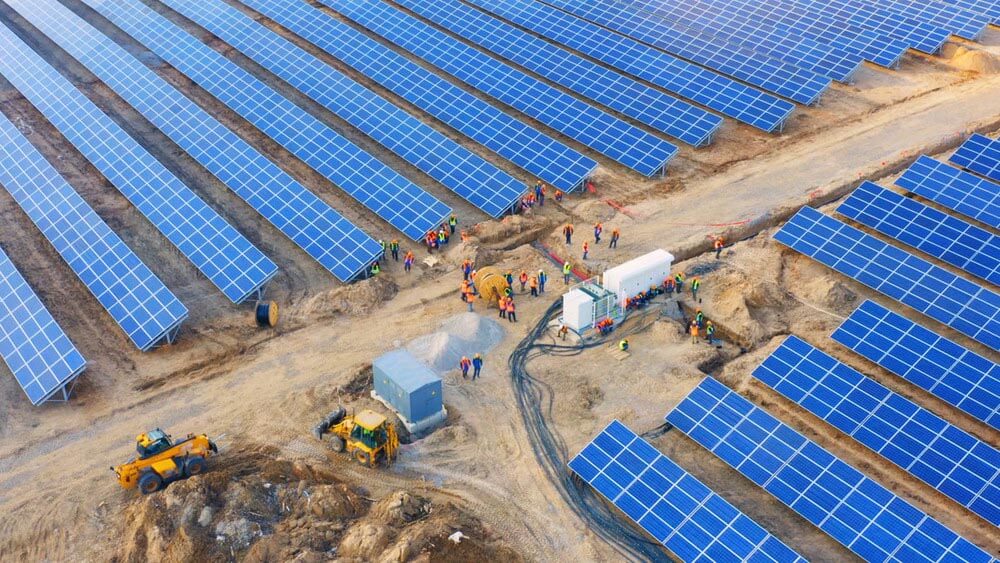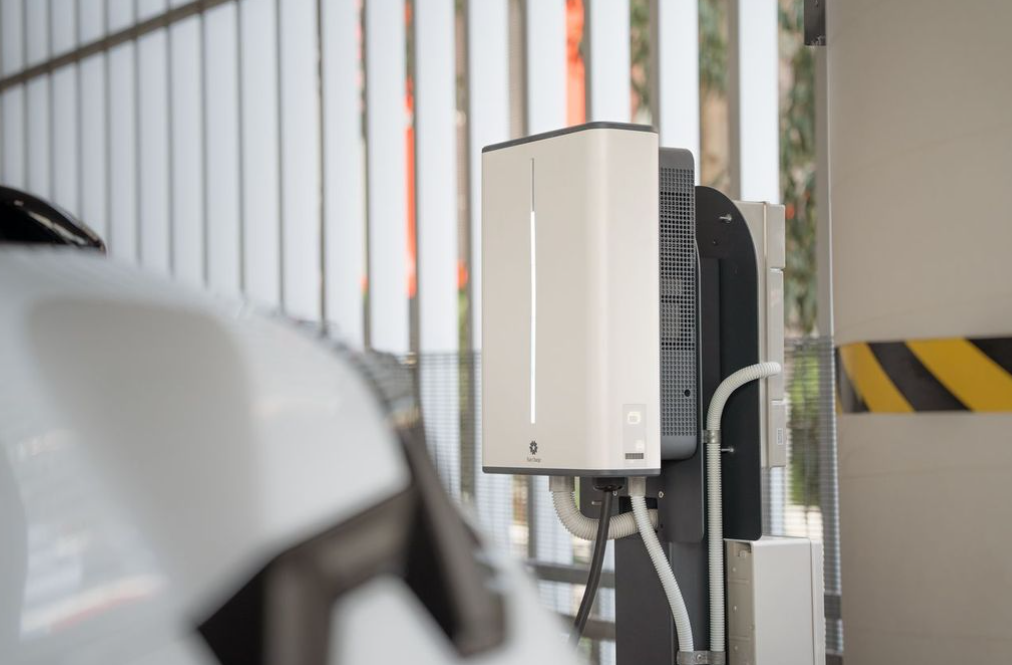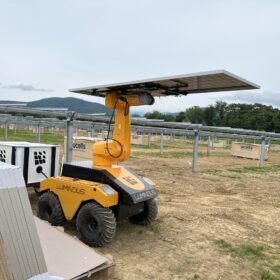The CSIRO and Australian Energy Market Operator (AEMO) have consulted with industry stakeholders to deliver a new, more accurate approach for analysing the costs of new power plants, with their findings published in the 2020-21 GenCost report released today.
Despite the troublesome and often high integration costs of connecting renewable projects in Australia, solar PV and wind continue to be the cheapest sources of new electricity generation capacity. The report also found the costs of storage from batteries is lower than previously thought.
Battery costs fell the most in 2020-21 when compared to any other generation and storage technologies, and are projected to continue to fall, the CSIRO found. Lower battery storage costs underpin the long-term competitiveness of renewables.
The report also included hydrogen electrolysers for the first time and found the technology is following a similar trajectory to more established renewables. “With increased interest in global deployment, and many demonstration projects worldwide, substantial cost reductions in hydrogen technologies are expected over the next decades,” the CSIRO said.
The CSIRO’s Chief Energy Economist, Paul Graham, said an early draft of the report had been released to stakeholders in December 2020 and was subsequently improved to reflect feedback about the impact of weather variability on driving up these integration costs. “The final report addresses this feedback: our analysis of renewable integration costs now includes greater recognition of this year to year weather variability and the impact it has on electricity demand and supply,” Graham said.
This content is protected by copyright and may not be reused. If you want to cooperate with us and would like to reuse some of our content, please contact: editors@pv-magazine.com.









By submitting this form you agree to pv magazine using your data for the purposes of publishing your comment.
Your personal data will only be disclosed or otherwise transmitted to third parties for the purposes of spam filtering or if this is necessary for technical maintenance of the website. Any other transfer to third parties will not take place unless this is justified on the basis of applicable data protection regulations or if pv magazine is legally obliged to do so.
You may revoke this consent at any time with effect for the future, in which case your personal data will be deleted immediately. Otherwise, your data will be deleted if pv magazine has processed your request or the purpose of data storage is fulfilled.
Further information on data privacy can be found in our Data Protection Policy.